Introduction Korean Grammar ‘-기 전에’ and N 전에
Learning Korean grammar can be challenging, but breaking it down into manageable lessons can make it easier. Today, we will explore the grammar patterns ‘-기 전에’ and ‘N 전에,’ which are used to indicate actions or events that happen before another action or a specific time in Korean. This lesson will help you understand and use these forms effectively.
Learn Korean with JAEM : Improve your Korean with our app through free lessons and courses. And also, Join our 4-week challenge program to progress from upper-beginner to master level with Native Korean Coaches. Strat to study Korean more!
Our Book: Don’t miss out on our comprehensive book that covers essential Korean language skills and strategies. See our books and study with us! 🙂
AI Writing Practice Program: Enhance your writing skills with JAEM TOPIK, our AI-powered practice program. Get personalized feedback and TOPIK tips to elevate your Korean writing. Study TOPIK writing yourself and get high TOPIK score!
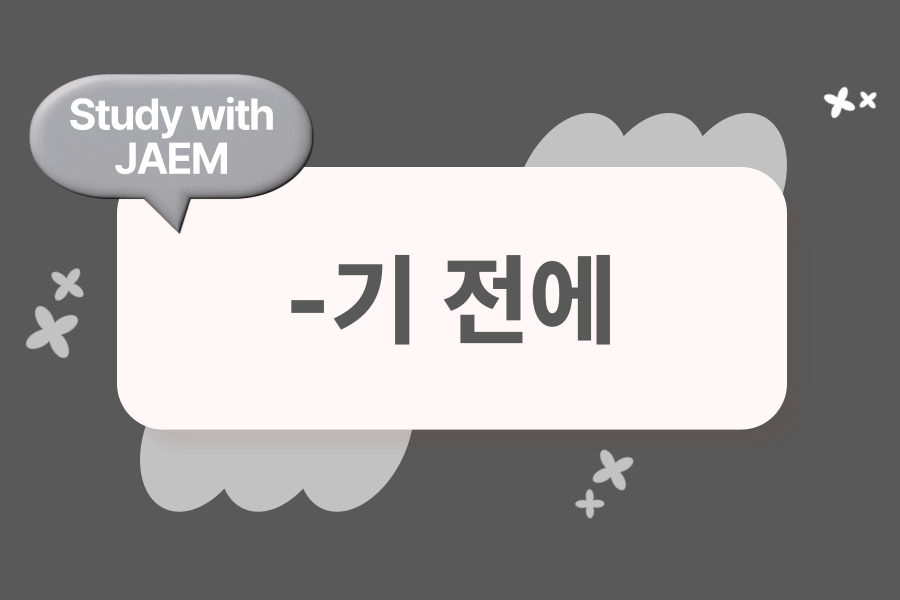
Jump to:
Grammar Explanation
-기 전에: The grammar pattern ‘-기 전에’ is used to indicate actions that happen before another action. It is similar to saying “before doing something” in English.
Formation:
- Attach ‘-기 전에’ directly to the verb stem.
| Speech Form | Form | Example Sentence |
|---|---|---|
| Verb (to go) | 가기 전에 | 학교에 가기 전에 (Before going to school) |
| Verb (to eat) | 먹기 전에 | 밥을 먹기 전에 (Before eating a meal) |
| Verb (to read) | 읽기 전에 | 책을 읽기 전에 (Before reading a book) |
| Verb (to study) | 공부하기 전에 | 공부하기 전에 (Before studying) |
N 전에: The pattern ‘N 전에’ is used to indicate a specific time before which an action or event happens. It is similar to saying “before a specific time” in English.
Formation:
- Attach ‘전에’ directly to a noun indicating a time.
| Speech Form | Form | Example Sentence |
|---|---|---|
| Noun (2 o’clock) | 2시 전에 | 2시 전에 (Before 2 o’clock) |
| Noun (a year) | 1년 전에 | 1년 전에 (A year ago) |
| Noun (a week) | 일주일 전에 | 일주일 전에 (A week ago) |
| Noun (a month) | 한 달 전에 | 한 달 전에 (A month ago) |
Examples
Indicating Actions Before Another Action with ‘-기 전에’:
- 가다 (to go)
- 가기 전에 = Before going
- 학교에 가기 전에 숙제를 해요 = I do my homework before going to school.
- 먹다 (to eat)
- 먹기 전에 = Before eating
- 밥을 먹기 전에 손을 씻어요 = I wash my hands before eating a meal.
- 읽다 (to read)
- 읽기 전에 = Before reading
- 책을 읽기 전에 조명을 켜요 = I turn on the light before reading a book.
- 공부하다 (to study)
- 공부하기 전에 = Before studying
- 공부하기 전에 간식을 먹어요 = I eat a snack before studying.
Using N 전에:
- 2시 (2 o’clock)
- 2시 전에 = Before 2 o’clock
- 2시 전에 집에 갈 거예요 = I will go home before 2 o’clock.
- 일주일 (a week)
- 일주일 전에 = A week ago
- 일주일 전에 친구를 만났어요 = I met my friend a week ago.
- 한 달 (a month)
- 한 달 전에 = A month ago
- 한 달 전에 여행을 갔어요 = I went on a trip a month ago.
- 1년 (a year)
- 1년 전에 = A year ago
- 1년 전에 한국어를 배우기 시작했어요 = I started learning Korean a year ago.
Comparison of -기 전에 and N 전에
-기 전에 is used to indicate actions that happen before another action:
- 학교에 가기 전에 = Before going to school
- 밥을 먹기 전에 = Before eating a meal
- 책을 읽기 전에 = Before reading a book
- 공부하기 전에 = Before studying
N 전에 is used to indicate a specific time before which an action or event happens:
- 2시 전에 = Before 2 o’clock
- 일주일 전에 = A week ago
- 한 달 전에 = A month ago
- 1년 전에 = A year ago
While ‘-기 전에’ is used with verbs to describe actions, ‘N 전에’ is used with nouns to describe a specific time or duration.
Usage in Context
When using ‘-기 전에’ in different contexts, it emphasizes actions that occur before another action.
Daily Activities:
- 일어나기 전에 알람을 꺼요 = I turn off the alarm before getting up.
- 운동하기 전에 스트레칭을 해요 = I stretch before exercising.
- 자기 전에 이를 닦아요 = I brush my teeth before going to bed.
- 출근하기 전에 아침을 먹어요 = I eat breakfast before going to work.
Special Occasions:
- 여행 가기 전에 짐을 싸요 = I pack my bags before going on a trip.
- 영화 보기 전에 팝콘을 사요 = I buy popcorn before watching a movie.
- 파티 시작하기 전에 준비를 해요 = I prepare before the party starts.
- 공연 보기 전에 표를 사요 = I buy tickets before watching a performance.
Using Past Experiences:
- 한국에 가기 전에 한국어를 배웠어요 = I learned Korean before going to Korea.
- 대학에 들어가기 전에 열심히 공부했어요 = I studied hard before entering college.
- 그 사람을 만나기 전에 그에 대해 들었어요 = I heard about him before meeting him.
- 직장에 들어가기 전에 인턴십을 했어요 = I did an internship before starting my job.
Cultural Insight: In Korean culture, specifying actions that occur before another action using ‘-기 전에’ helps provide context and clarity in conversations. It is commonly used in both daily activities and special occasions to convey the sequence of actions.
Common Mistakes
Common Mistakes:
- Incorrect: 가기 전 (missing the final particle)
- Correct: 가기 전에 = Before going
Mistake Explanation: Ensure that the correct form ‘-기 전에’ is used to indicate actions that happen before another action.
Related Grammar Points
Explore these related grammar points to deepen your understanding:
- -고 나서: To express actions that happen after another action.
- -은/는 후에: To express “after” doing something.
- -을 때: To indicate the time when something happens.
- -면서: To indicate simultaneous actions.
Practice Exercises
Practice Makes Perfect!
- Exercise 1: Conjugate the following verbs using ‘-기 전에.’
- 가다 (to go)
- 먹다 (to eat)
- 읽다 (to read)
- 공부하다 (to study)
Answer Key:
- 가기 전에
- 먹기 전에
- 읽기 전에
- 공부하기 전에
- Exercise 2: Create sentences using ‘-기 전에’ for the following situations:
- Before going to school
- Before eating a meal
- Before reading a book
- Before studying at the library
Answer Key:
- 학교에 가기 전에
- 밥을 먹기 전에
- 책을 읽기 전에
- 도서관에서 공부하기 전에
Download the workbook for more exercises and practice.
Summary and Conclusion
Today, we covered the grammar points ‘-기 전에’ and ‘N 전에’ and how to use them to indicate actions or events that happen before another action or a specific time in Korean. These patterns are essential for providing context and clarity in conversations about daily activities and special events. Continue practicing with our workbook and check out related lessons for more in-depth learning.
f you have any questions or suggestions, feel free to comment below. Happy learning!
Learn Real Korean with JAEM!
Learn Korean with JAEM Korean App & 4-week Challenge: Discover the best way to learn real Korean with our comprehensive app. Enjoy a wide variety of free lessons and courses designed to help you master the language. Also, our unique 4-week challenge program guides you from an upper-beginner level to a master course, all under the guidance of Native Korean Coaches. Whether you’re just starting out or looking to refine your skills, this program offers an effective path to fluency.
AI Korean Writing Practice Program: Take your Korean writing to the next level with JAEM TOPIK, our innovative AI writing practice program. This service provides personalized feedback and practical tips tailored to your learning needs. With a focus on improving your Korean writing, JAEM TOPIK also offers specific strategies for excelling in the TOPIK exam. Benefit from expert insights and targeted advice to enhance your proficiency and confidence in writing.
Our Book: Additionally, explore our comprehensive book that covers essential Korean language skills and strategies. This valuable resource complements our app and AI program, providing a holistic approach to mastering Korean.
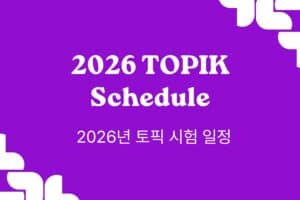
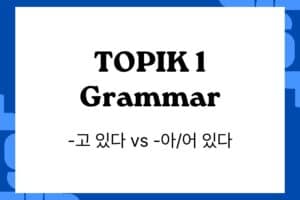
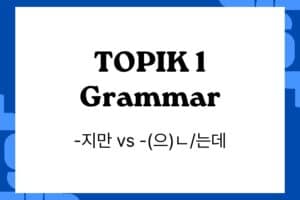
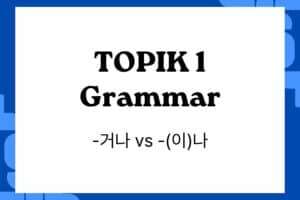
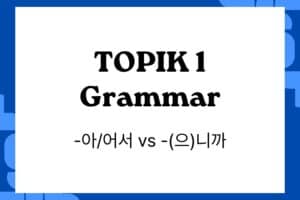
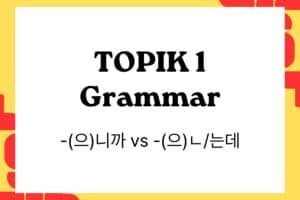
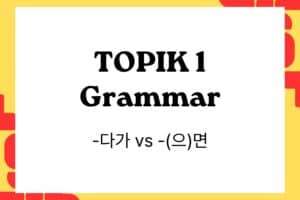
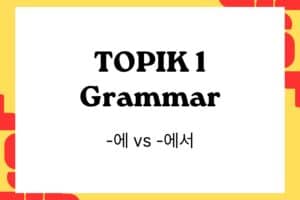
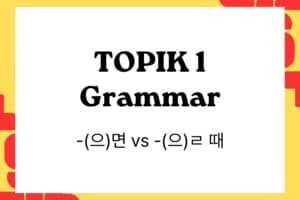
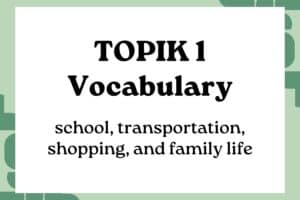
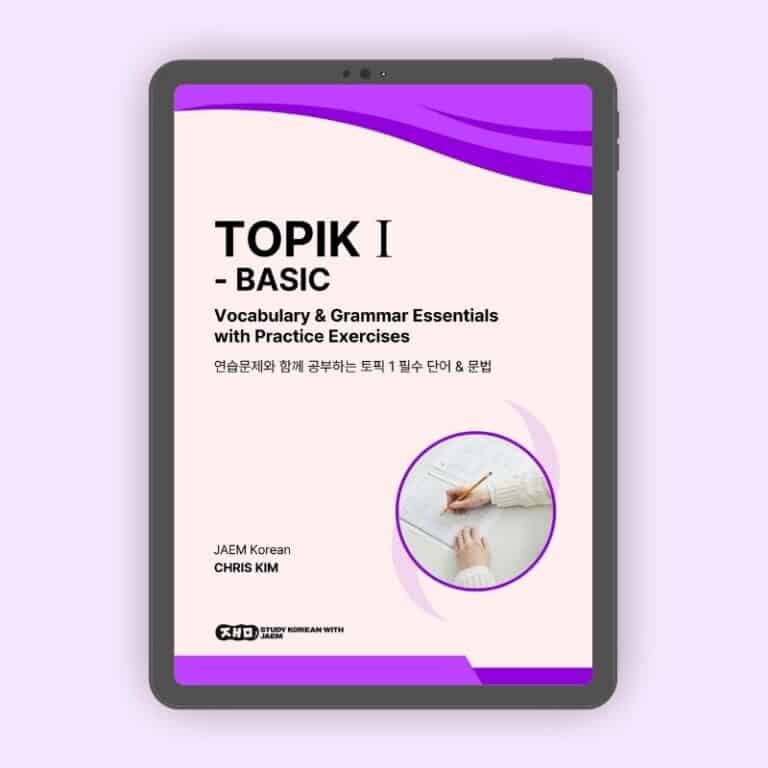
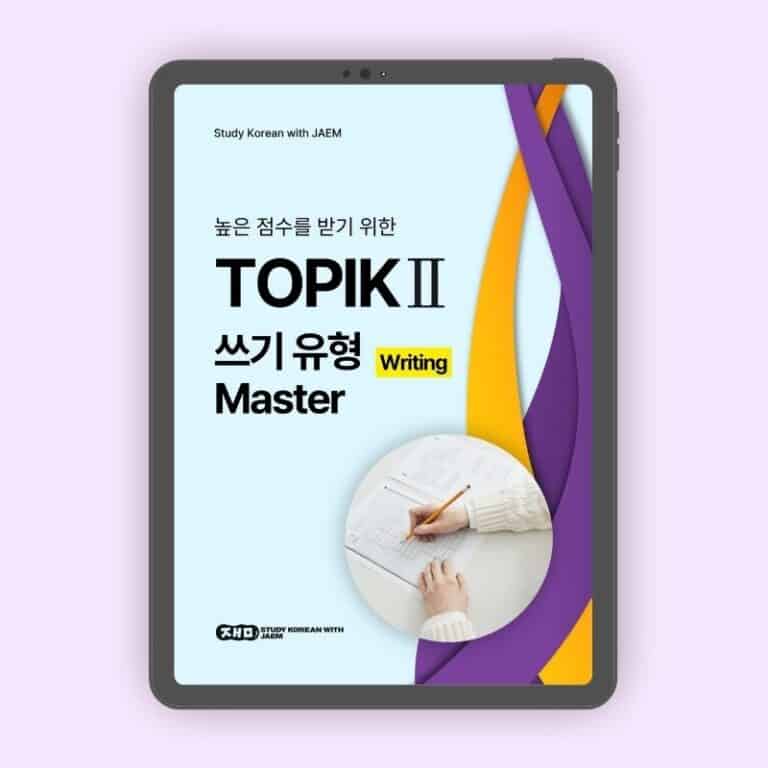
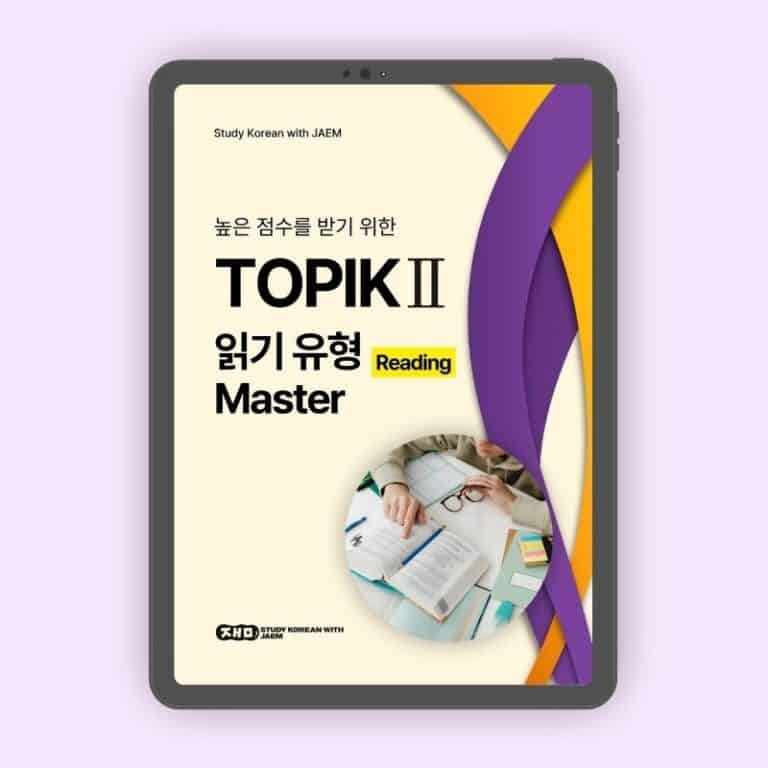

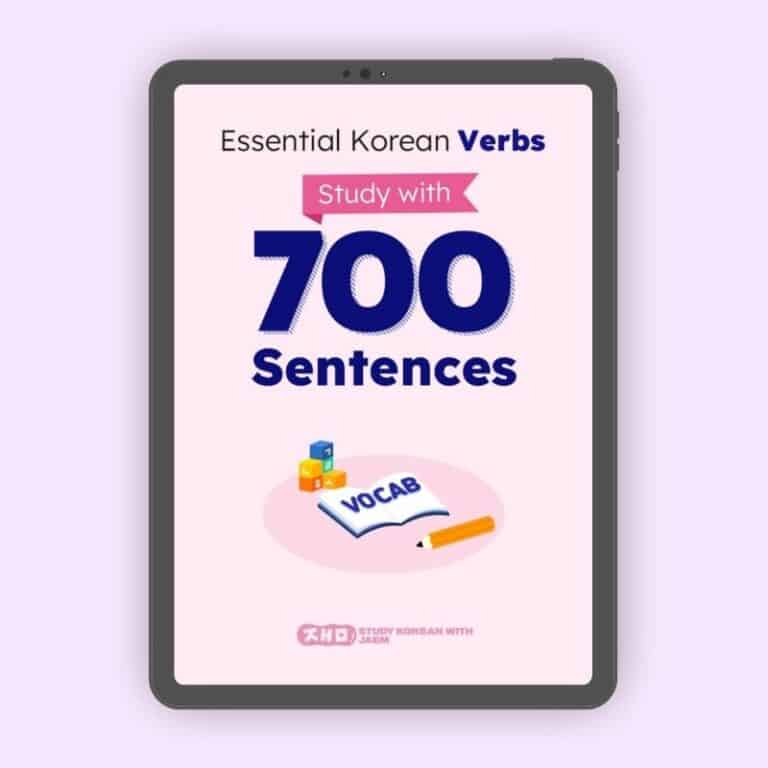
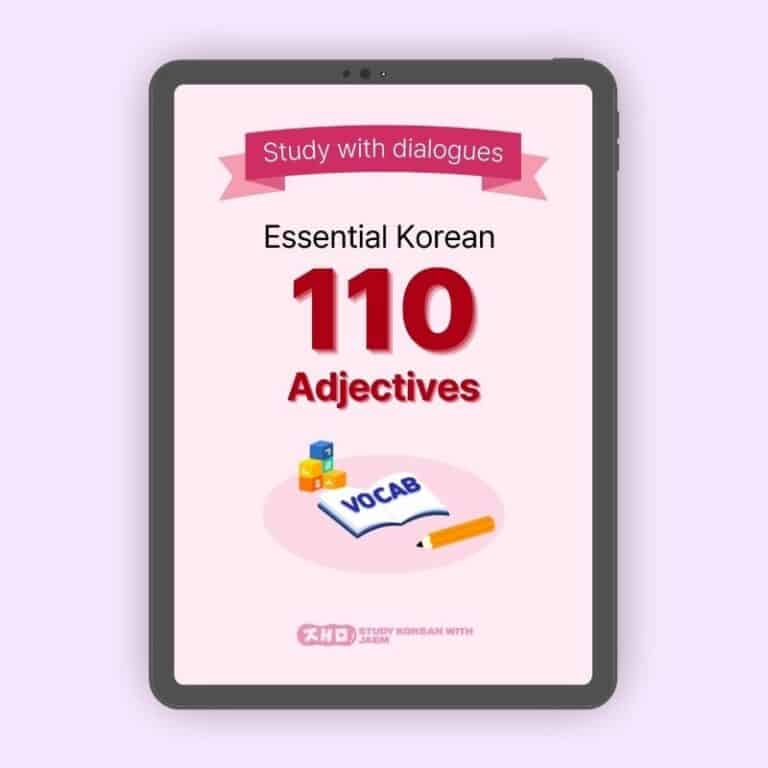
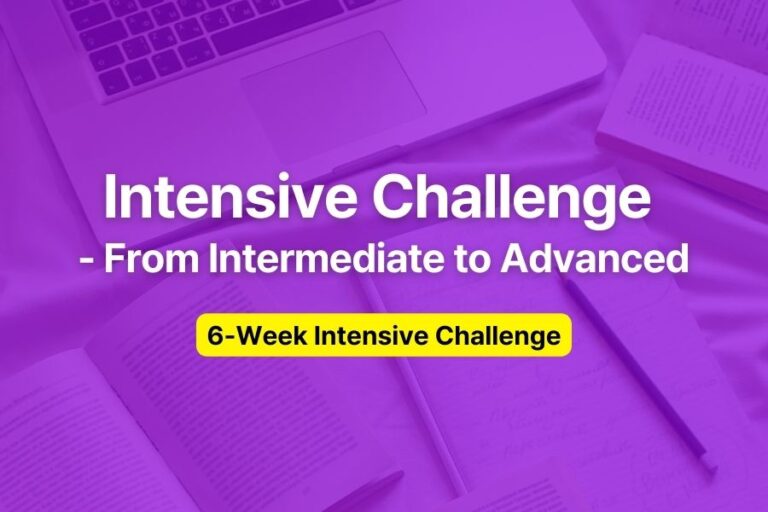
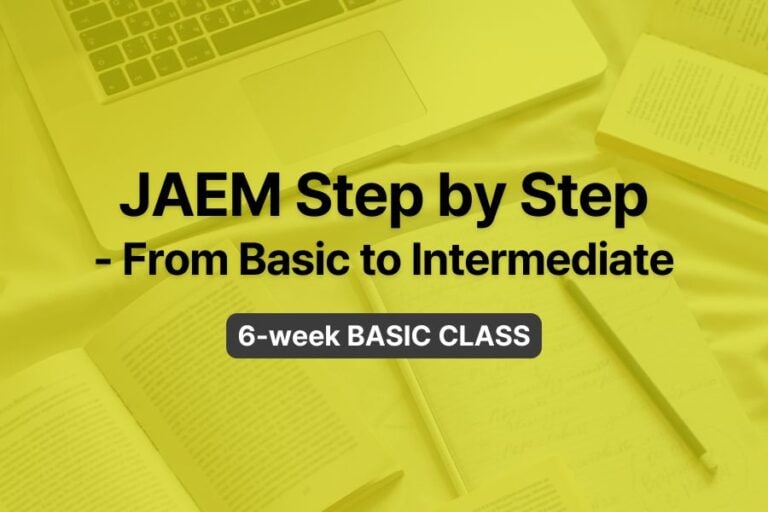

Responses